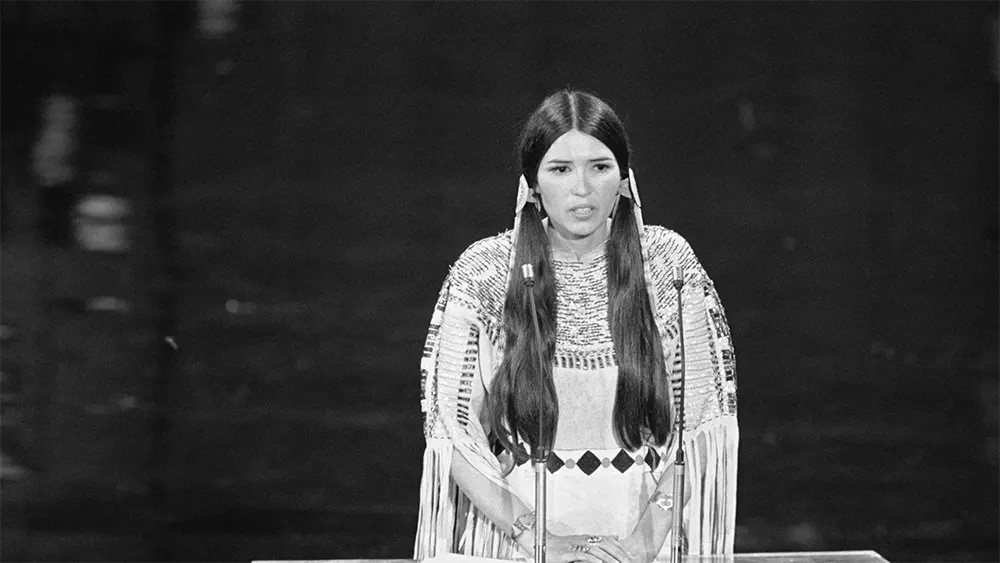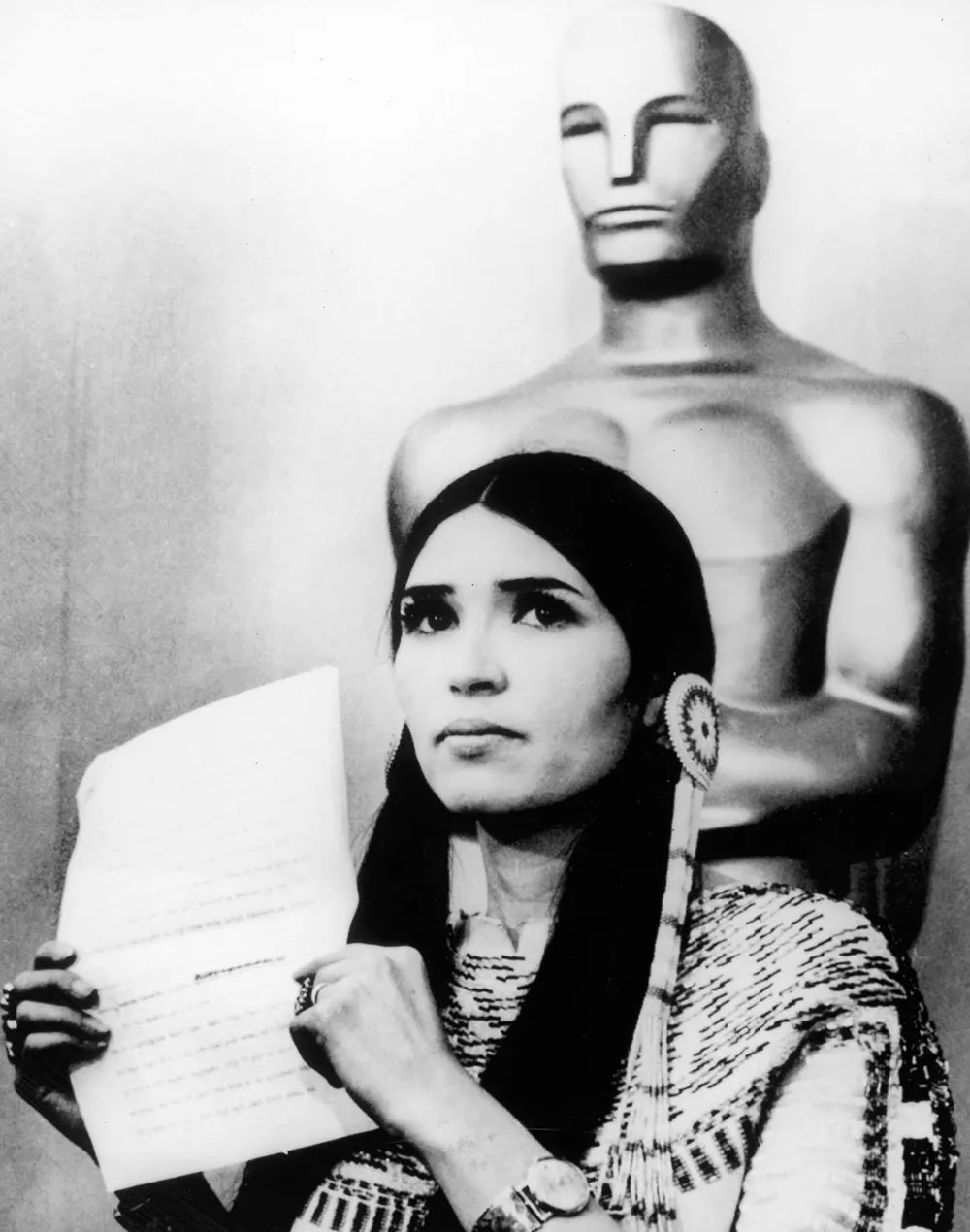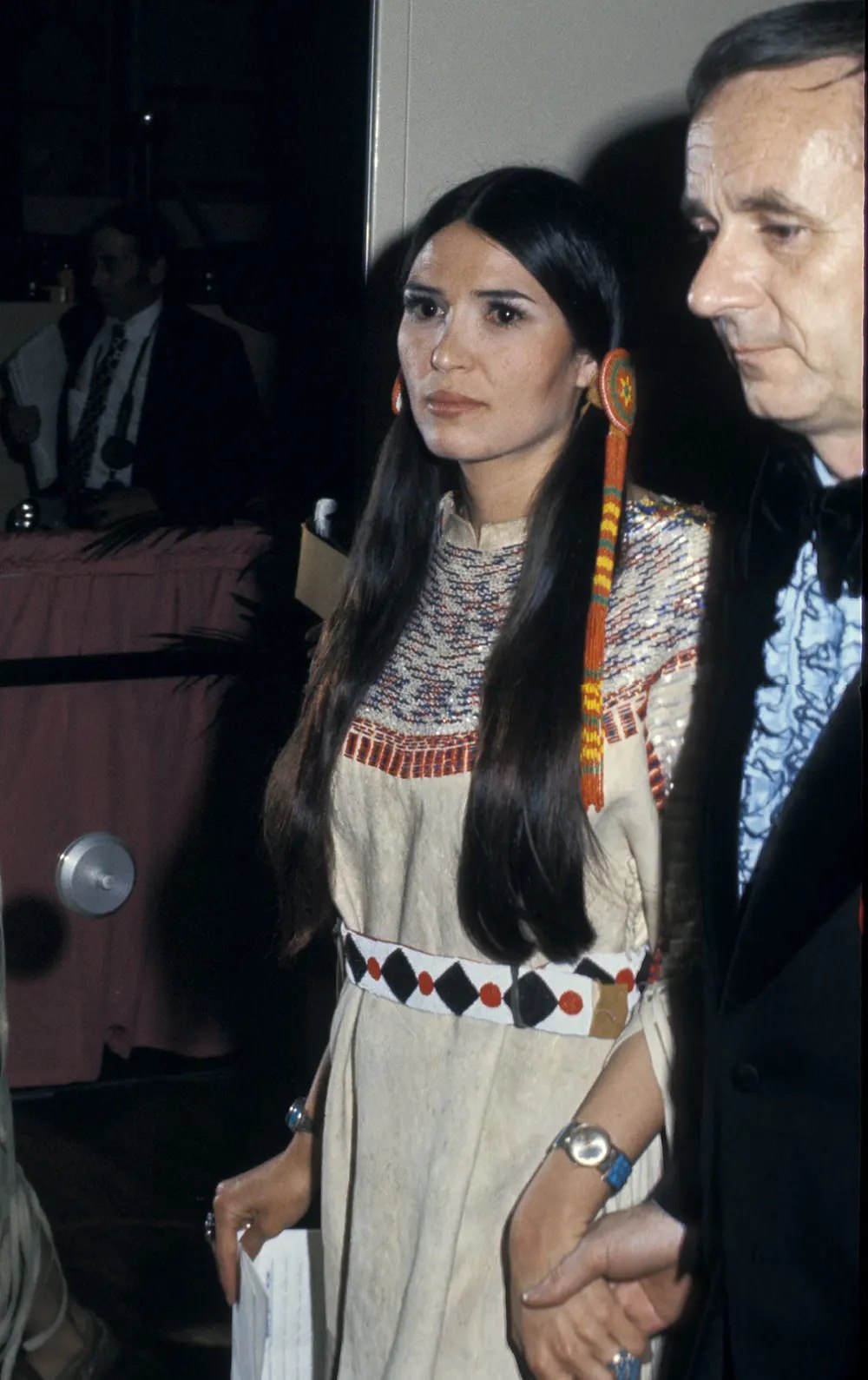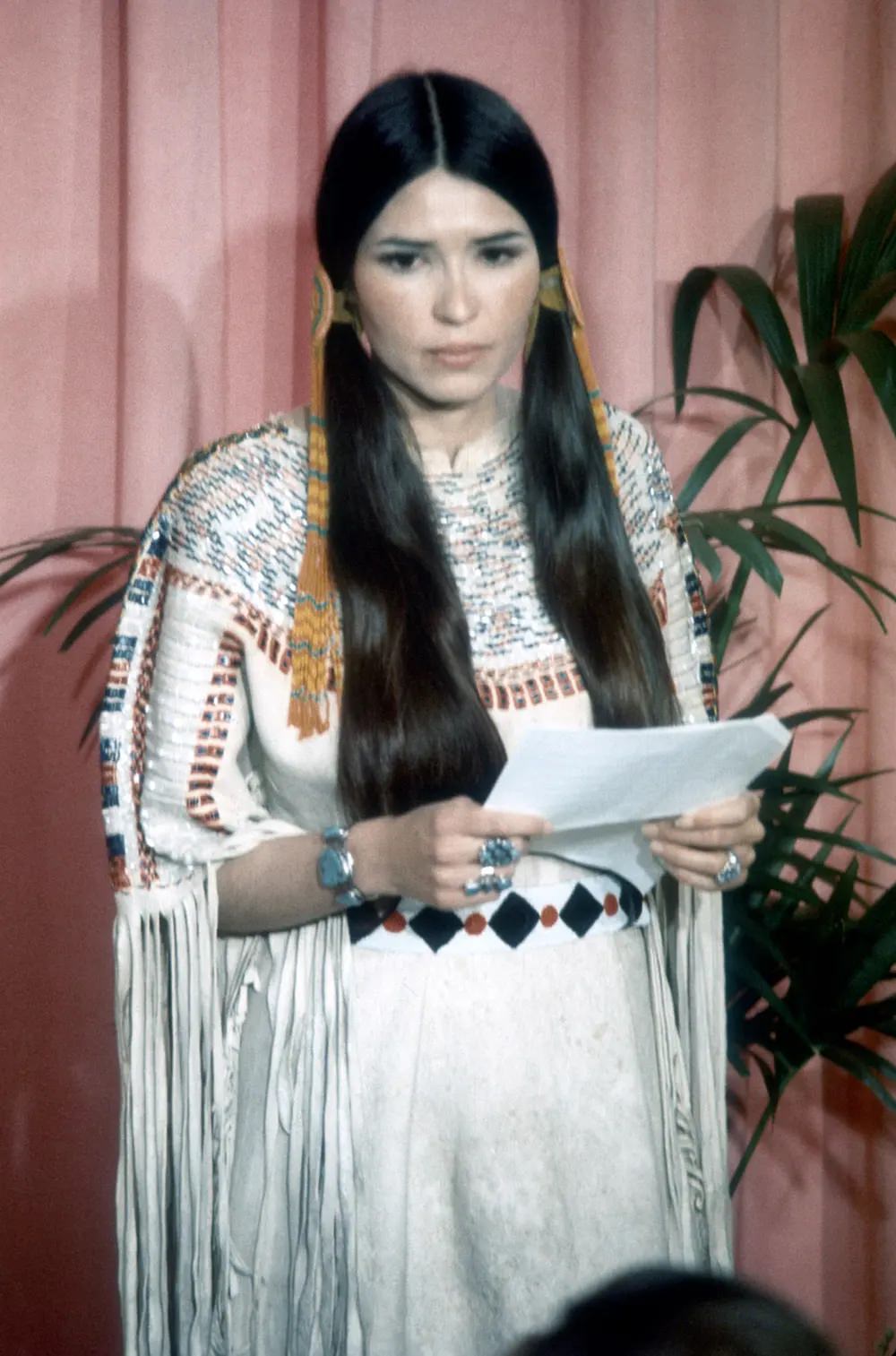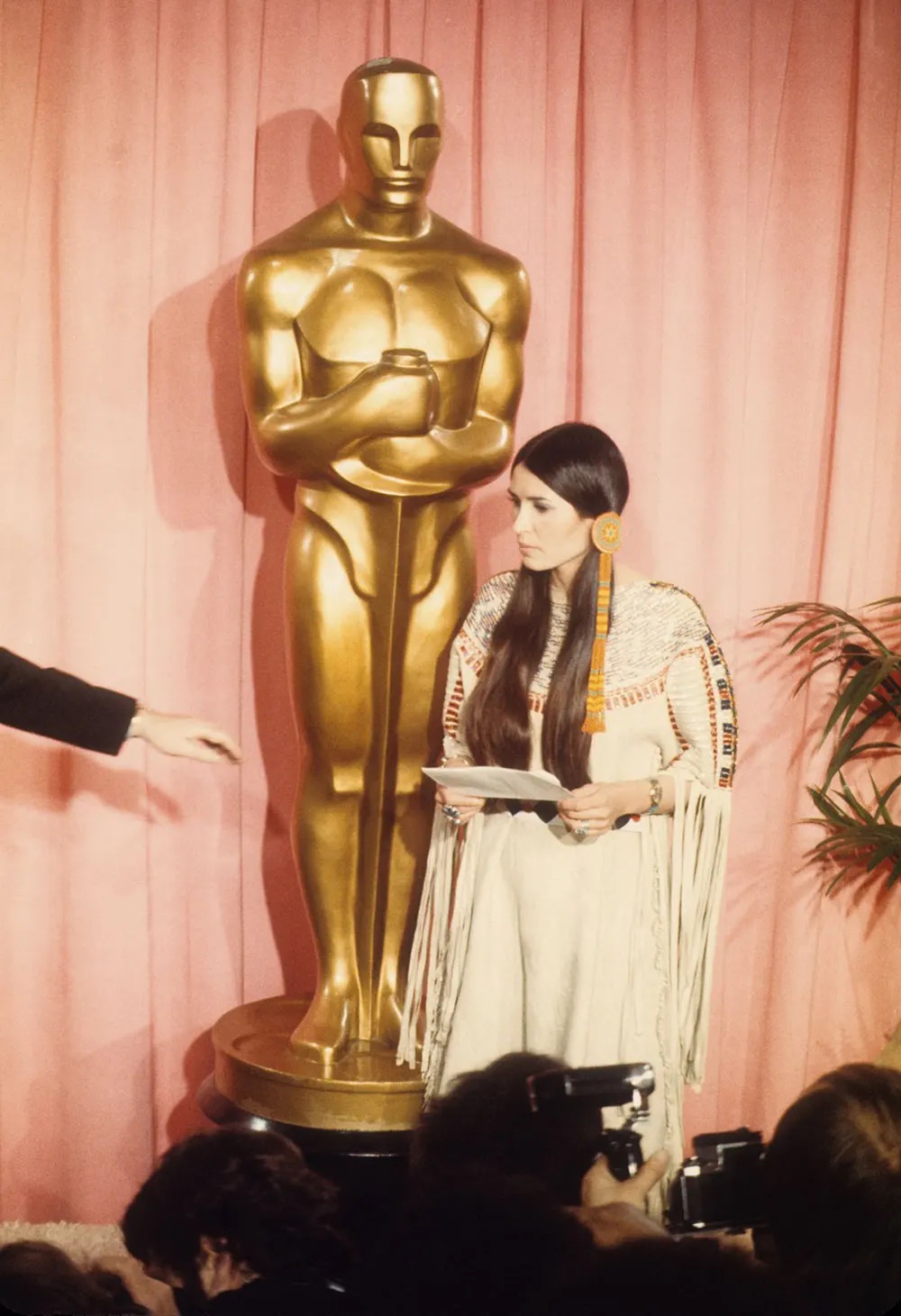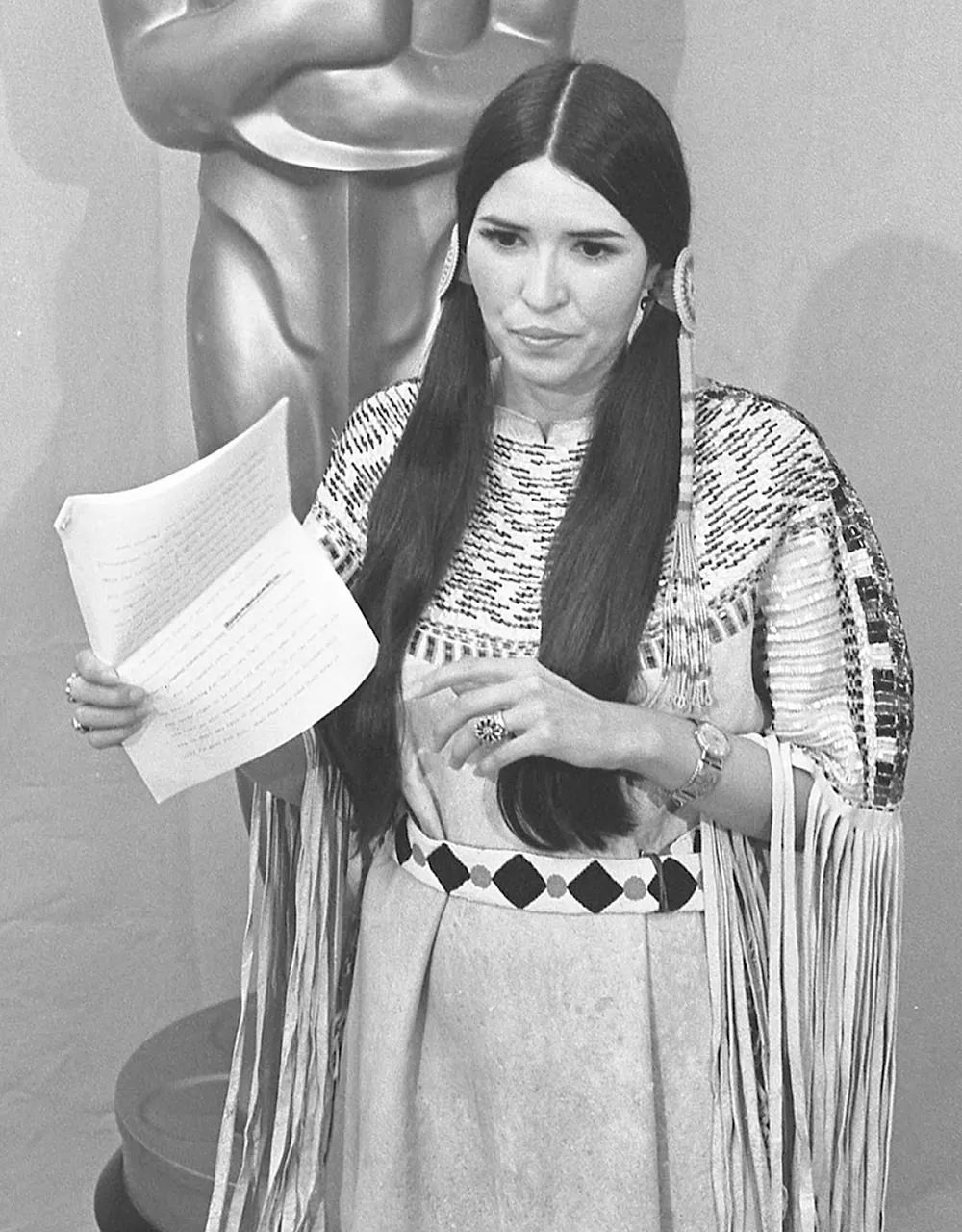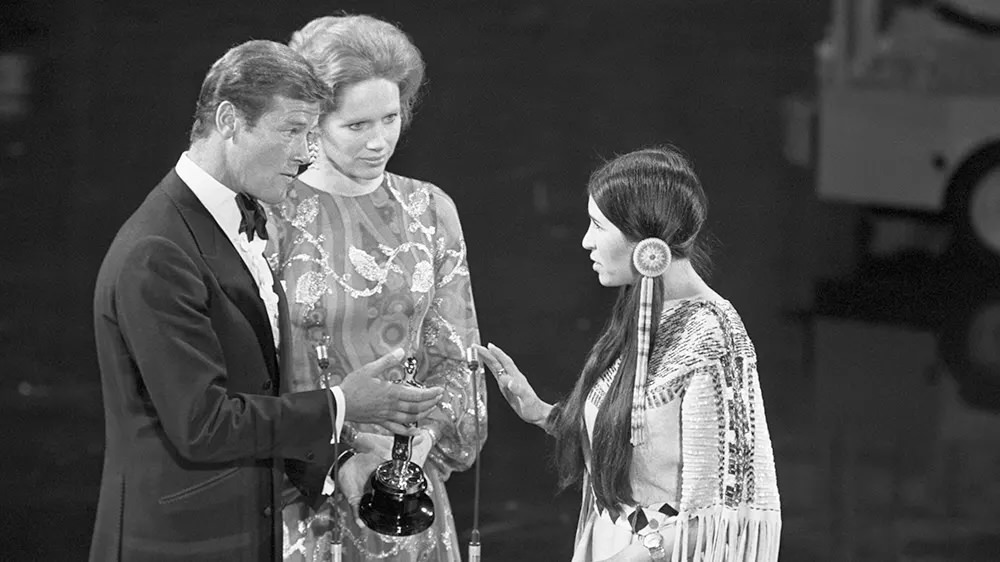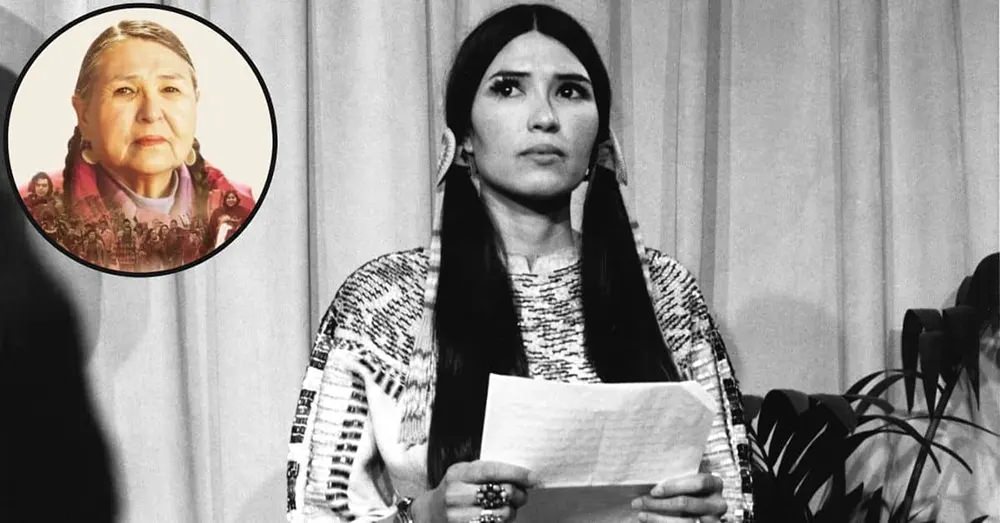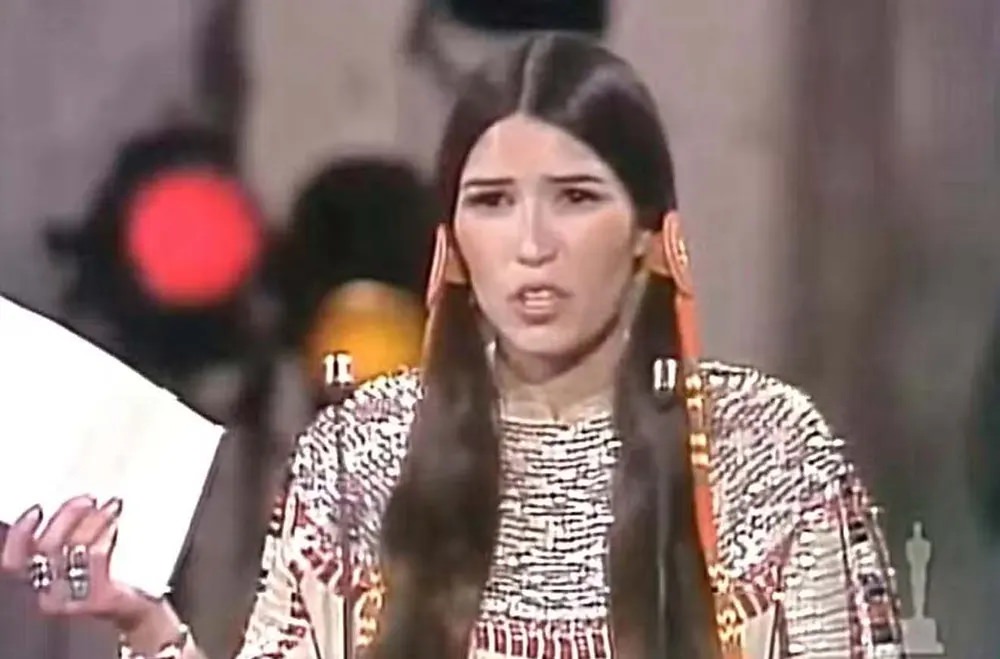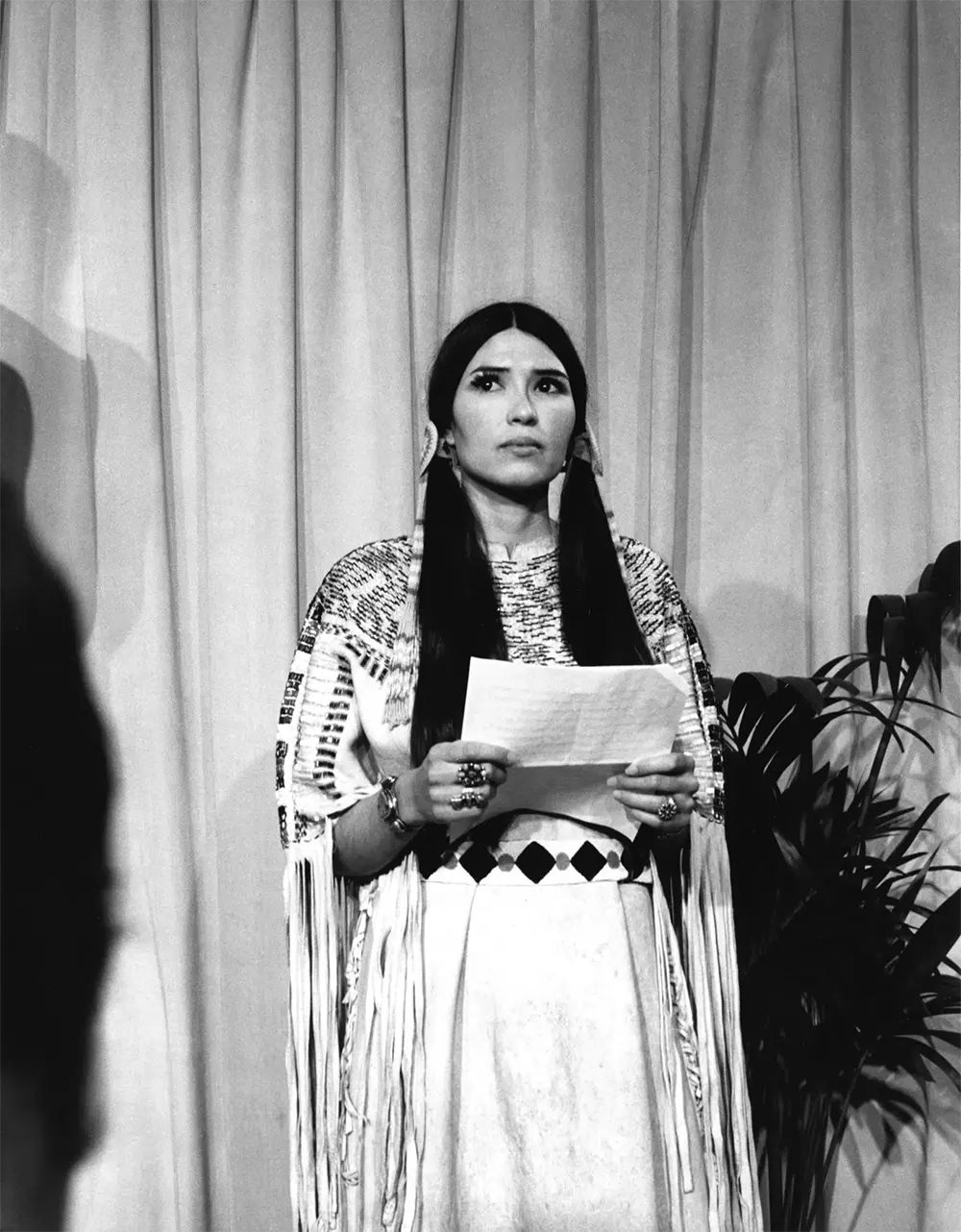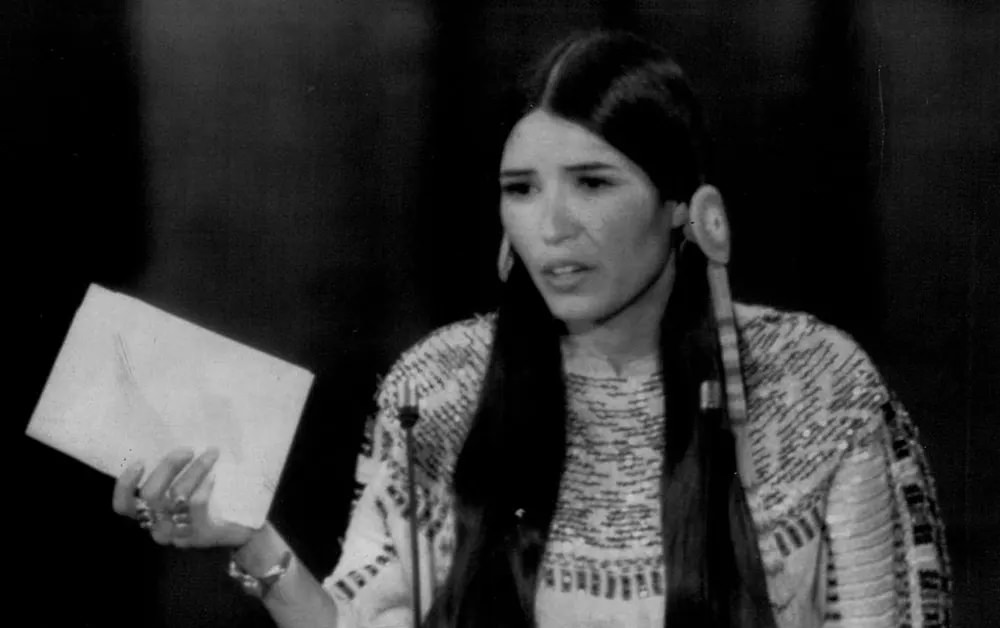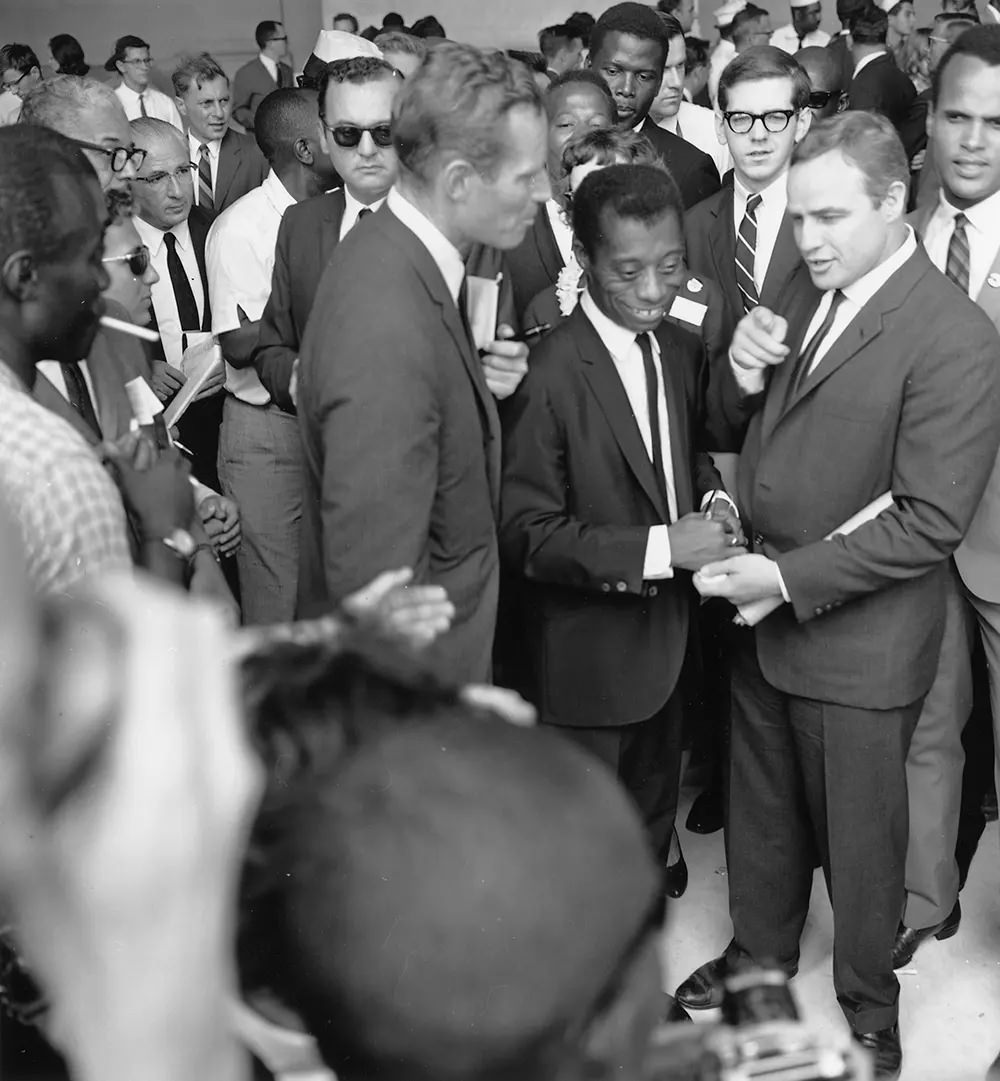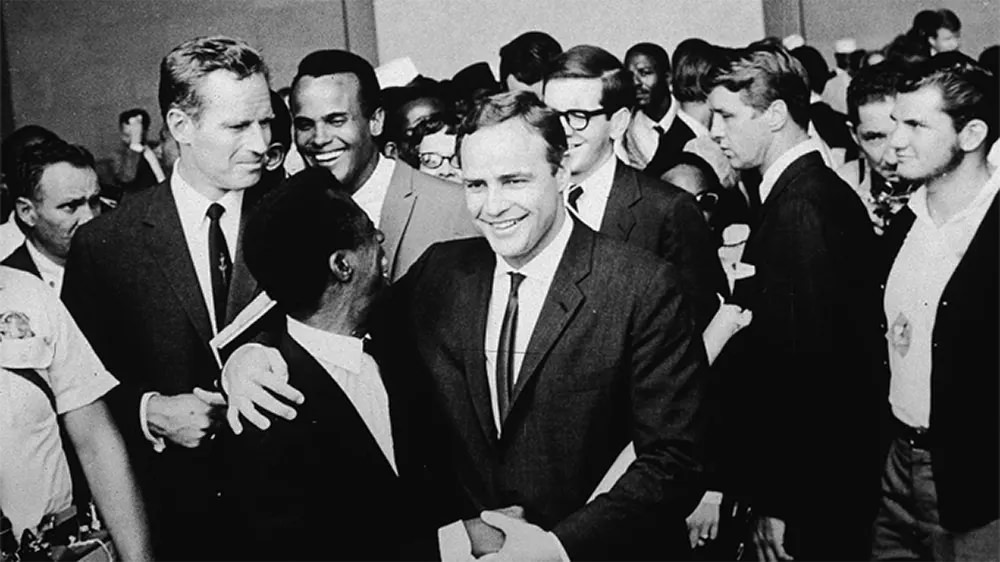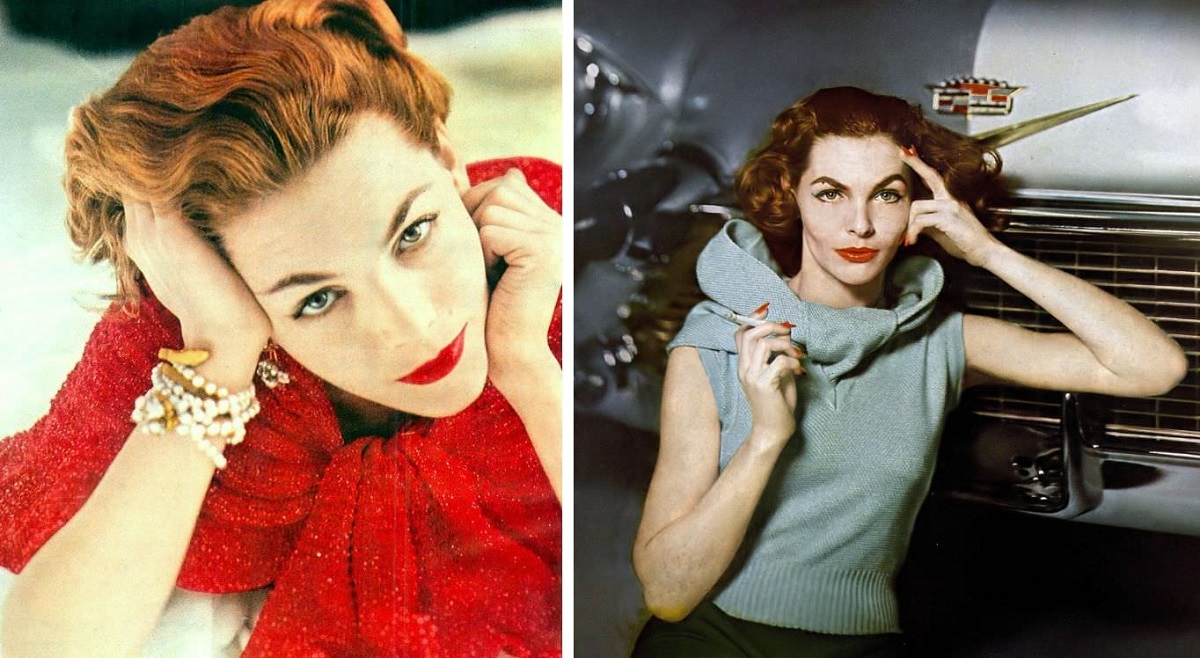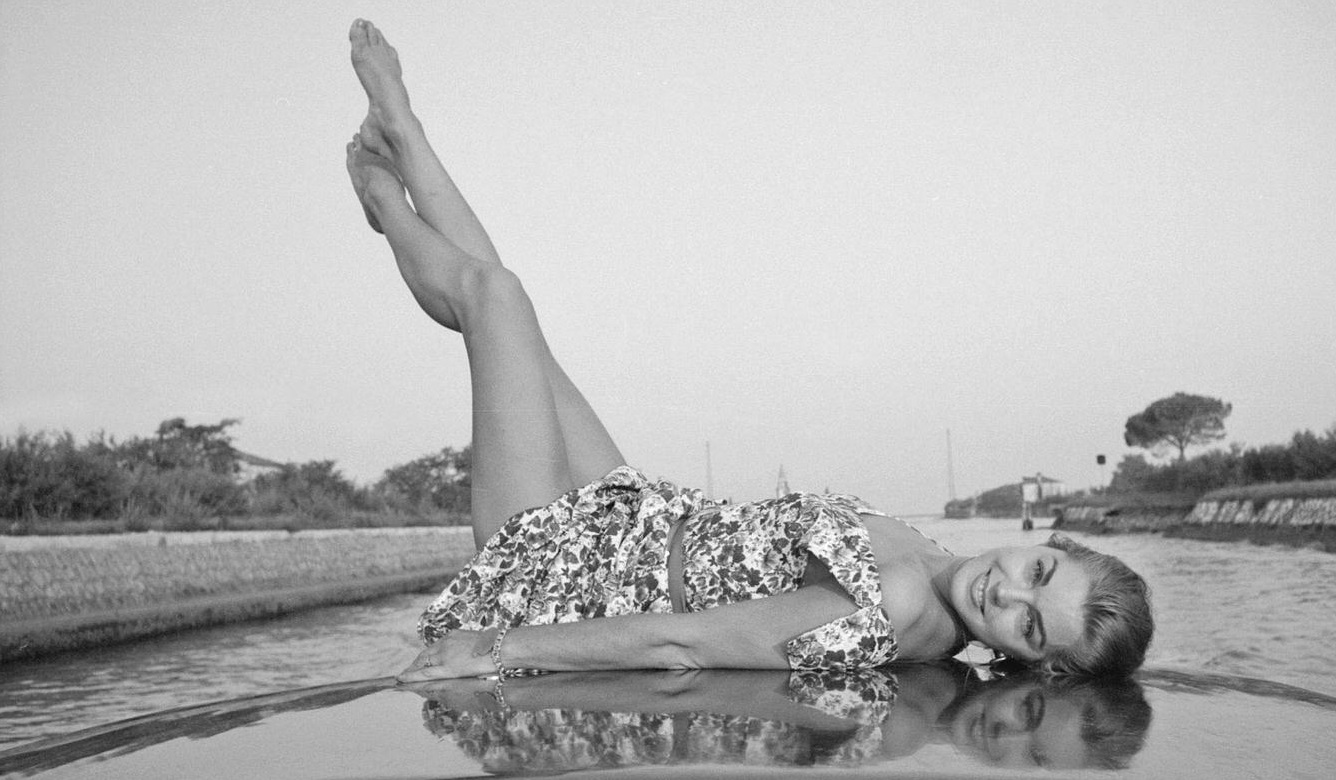In 1973, Marlon Brando was awarded the Academy Award for Best Actor for his role in “The Godfather.” However, instead of accepting the award himself, he sent a young Native American woman named Sacheen Littlefeather to refuse the award on his behalf.
The incident was a highly publicized and controversial moment in Oscar history. In her speech, Littlefeather explained that Brando was refusing the award in protest of the treatment of Native Americans in the film industry and the broader issue of the treatment of Native Americans in the United States. She stated that Brando could not attend the ceremony due to the sensitive nature of the situation and that he wanted to use the platform of the Oscars to bring attention to the issue.
The speech was met with a mixture of reactions. Some people applauded Brando’s decision as an act of political activism, while others criticized it as a publicity stunt. The Academy of Motion Picture Arts and Sciences was also criticized for allowing Littlefeather to speak on Brando’s behalf and for not taking a stronger stance against the use of the Oscars as a political platform.
Brando’s decision was part of a larger movement at the time of Hollywood actors using their platforms to speak out on political and social issues. Many actors and actresses during the 1970s were actively involved in political and social causes such as Civil Rights, the Vietnam War, Environmental issues, and the rights of indigenous people.
The incident also had a lasting impact on Hollywood and the Academy Awards. Many people saw it as a turning point in the relationship between Hollywood and politics and as a sign that the entertainment industry was becoming more politically active. It also brought attention to the issue of the treatment of Native Americans in the United States. It helped to raise awareness about the need for greater representation and recognition of indigenous people in the film industry.


